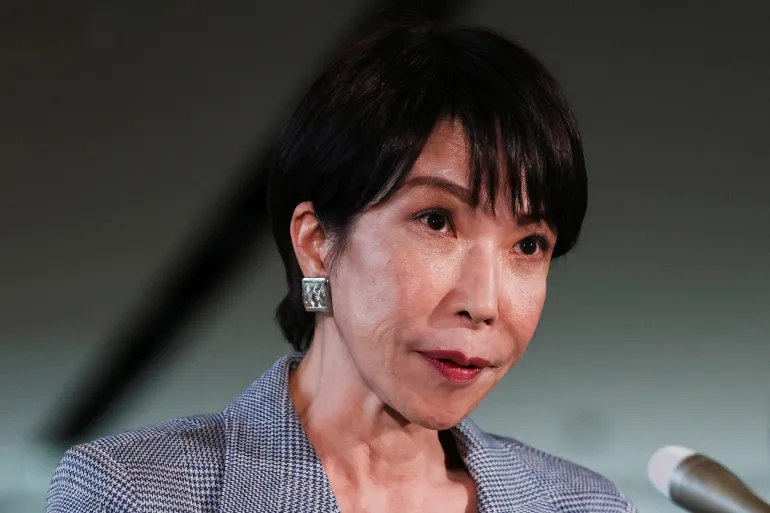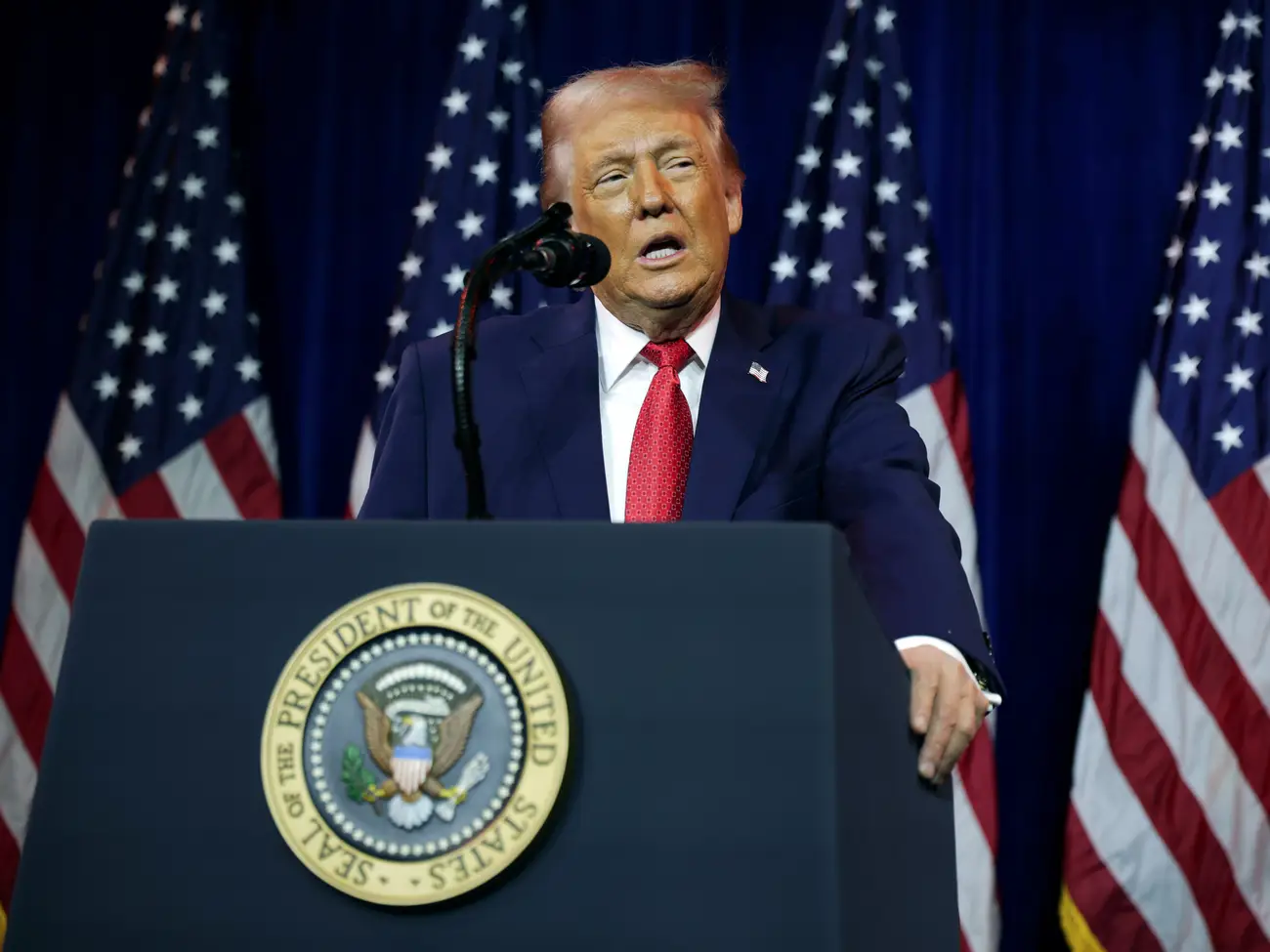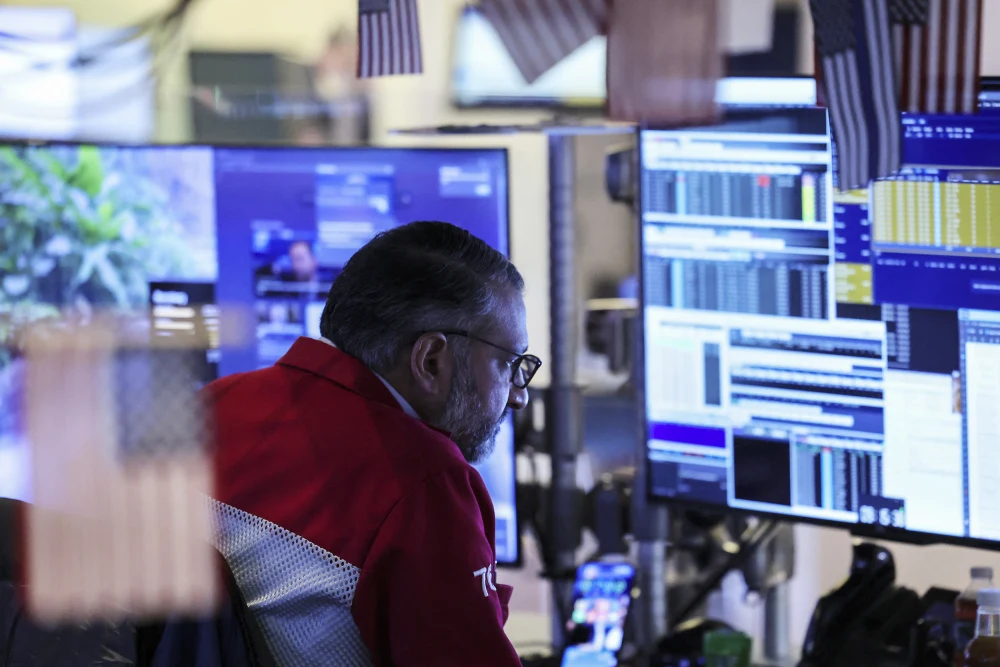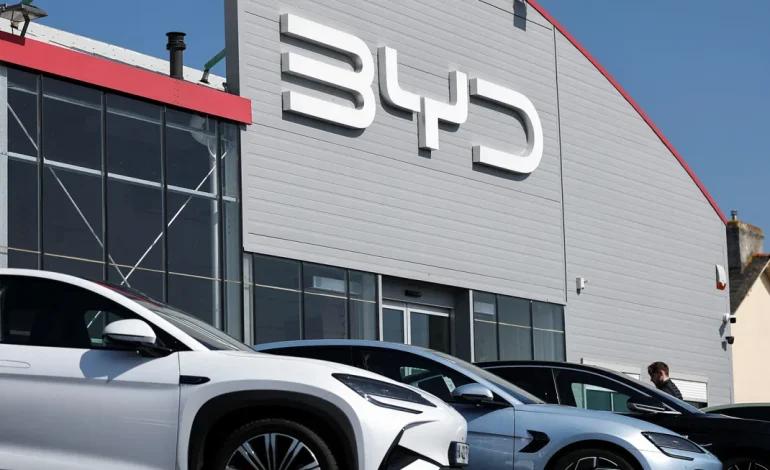Chinese electric vehicle (EV) manufacturer BYD has reported a 60% surge in sales in the first quarter of 2025, strengthening its position as a global competitor to Tesla, CNN reports.
The company, based in Shenzhen, China, sold just over one million new-energy vehicles between January and March, including battery-powered cars, hybrids, and commercial vehicles, according to its latest stock exchange filing. Sales of pure electric vehicles (EVs) rose by 39%, reaching more than 416,000 units.
This growth follows a record-breaking year for BYD, which reported an annual revenue of $107 billion in 2024—surpassing Tesla’s $97.7 billion revenue for the same period. Meanwhile, Tesla’s annual deliveries declined by 1.1%, marking its first drop in years.
Despite the majority of BYD’s vehicles being sold in China, the company is aggressively expanding into Europe, Southeast Asia, and South America. Tesla, by contrast, has struggled in several key markets. In Europe, for example, Tesla’s February sales fell by 40% compared to the previous year, according to the European Automobile Manufacturers’ Association.
BYD’s CEO Wang Chuanfu has pledged to boost global shipments by nearly 30% this year, aiming to double overseas deliveries to more than 800,000 vehicles, according to Chinese state media.
The company has also introduced significant technological innovations in the first quarter. Last month, BYD unveiled a new fast-charging battery technology that can add 250 miles of range in just five minutes—a major advancement over Tesla’s Superchargers, which require 15 minutes to provide 200 miles. Additionally, BYD launched an advanced driver-assistance system, offering it at no extra cost on most of its models, directly competing with Tesla’s Full Self-Driving feature.
While BYD continues to grow, it faces challenges in brand recognition and trade barriers, particularly as it expands into new markets. 100% tariffs on Chinese EVs have prevented BYD from entering the US market, but the company is strengthening its foothold in Europe, where it is building two new manufacturing plants and exploring the possibility of a third.
Meanwhile, Tesla has faced setbacks in China, where BYD now holds 27% of the new-energy vehicle market. In contrast, Tesla’s market share has dropped to just 4%, ranking sixth in the Chinese EV market.
Adding to Tesla’s struggles, CEO Elon Musk’s government role in the US has led to backlash, including vandalism targeting Tesla facilities and peaceful protests at its locations overseas. Falling demand for new Teslas has also led to declining resale values, with prices for used Teslas plummeting.
China’s highly competitive auto market is seeing increased consolidation. Dongfeng Motor and Changan Automobile, two major Chinese carmakers and joint venture partners of Ford and Nissan, are in advanced merger talks, according to reports from The New York Times.
Industry experts suggest that China’s automobile sector has too many domestic brands, and as research and development costs rise, smaller automakers may struggle to survive. Shaochen Wang, an analyst at Counterpoint Research, noted that the Dongfeng-Changan merger is aimed at making more efficient use of state-owned assets as competition intensifies.










The latest news in your social feeds
Subscribe to our social media platforms to stay tuned